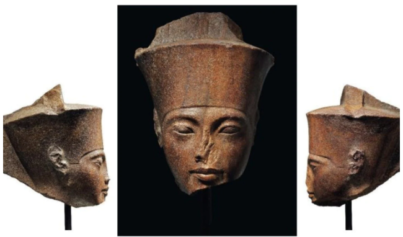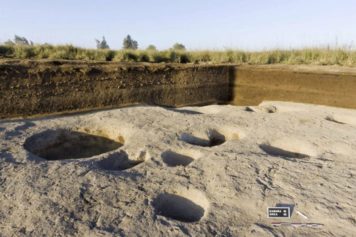Unfazed by a demonstration from over 100,000 protesters, Egyptian president Mohammed Morsi seems prepared to stand behind his rush for unilateral power in the country. Protestors marched outside of the presidential palace in Cairo on Tuesday, a gesture being called “The Last Warning” by organizers demanding that Morsi rescind the decrees that have removed the country’s system of checks and balances. Though he was in the palace conducting business during the protests, Morsi did not confront the crowd of dissenters.
Last month the Islamic leader introduced decrees that gave him authority over the country’s Supreme Judicial Council, while a 100-member panel drafted a new constitution. The panel was comprised almost entirely of Morsi’s highly conservative Muslim allies, excluding the parliament’s liberal and Christian representatives. The Supreme Constitutional Court was expected to declare the panel illegitimate, but went on strike due to pressure from protestors and Morsi’s power moves.
Without the court, whose duties include the overseeing of the election process, a vote to approved the drafted constitution would likely be seen as unsanctioned. Protestors have already voiced their plans to campaign for “no” votes or a complete boycott of the nationwide referendum on the draft constitution on Dec. 15. While Morsi and his Muslim Brotherhood backers do have some internal support, they would be challenging the same groups of dissenters that over threw the regime of Hosni Mubarak two years ago.
The success of the recent protests has showcased a level of unity among youth groups and liberal leaders since the Arab Spring that brought Mubarak’s downfall. Opponents have called Morsi a “new pharaoh,” due to the decrees. An Egypt more in line with fundamental Islamist beliefs is not in the interest of all the country’s citizens.
“He isn’t the president of all Egyptians, only of the Muslim Brotherhood,” post-grad international law student and protester Mariam Metwally told Business Week. “We don’t feel like he is our president.”
Morsi took power as Egypt’s first democratically elected president on June 24 of this year, but wasted no time trying to establish dominance within the newly formed government. The outcome of the current power struggle could mean the complete restructuring of Egypt’s political system once again.


